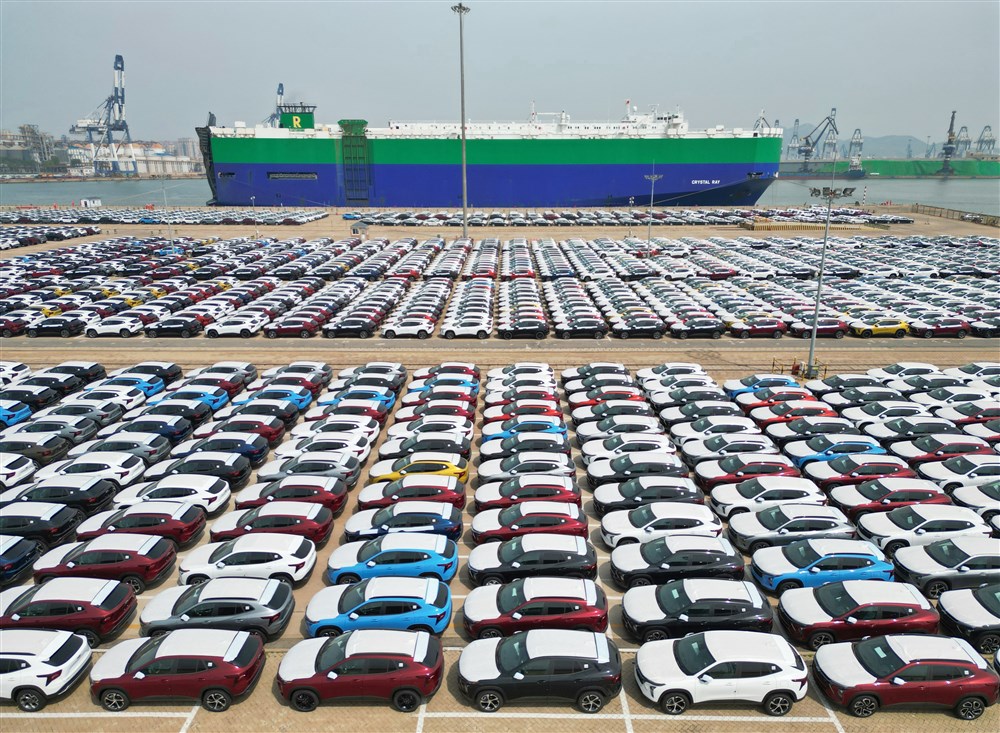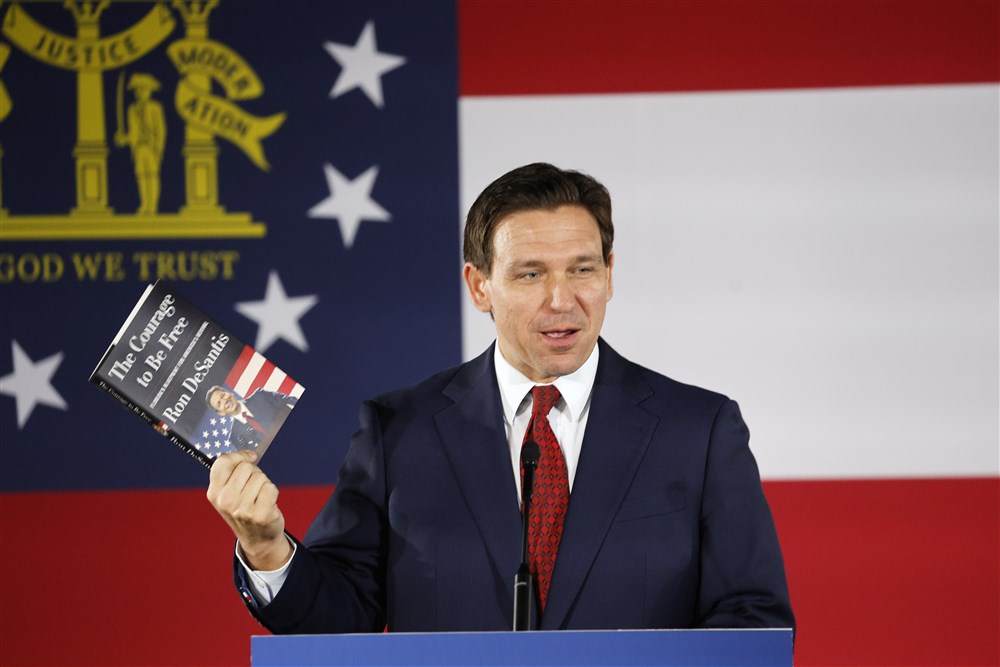Whatever the outcome of the battle by French President Emmanuel Macron to push through an increase in his country’s pensionable age, he is likely to emerge weaker, the Economist speculated on March 17.
Macron is trying to bypass the will of the Paris Parliament, where there is no majority for his pension reform, in a move that has already drawn the ire of the opposition majority and street protestors.
The widely quoted article 49.3 of the French constitution, which allows the President to force through legislation without a vote, has triggered a vote of no confidence, the result of which is difficult to predict.
The move, labelled a “democratic coup” by rightwing leader Marine Le Pen, triggered clashes with police across the country and looting in Marseille, according to France24.
Opposition lawmakers from the left on Friday launched the no-confidence procedure. Le Pen says her MPs will also try to bring the government down, but Eric Ciotti, leader of The Republicans, has said he will not (the position of all members of his party is unknown). Opposition MPs have the numbers, but only if they united.
“Success would annul the pension reform, prompt Ms Borne’s resignation, and probably (though not automatically) force Mr Macron to dissolve parliament and hold fresh parliamentary elections, less than a year into the current National Assembly’s five-year term,” wrote the Economist.
The President would emerge “politically damaged” under any scenario, the UK-based magazine argued. “It is hard to see a good outcome from this mess.. in the short run it will be difficult to bring order to the country, let alone continue with his reformist agenda”.
Macron wants to increase the pensionable age from 62 to 64.
“This reform has all the ingredients to boost votes for parties on the radical right,” Bruno Palier, a political scientist at French university Sciences-Po, was quoted in Euractiv as saying. The brunt of the reform would be born by “the lower middle-class, a segment of the population that already felt like it was the loser of globalisation, as it did in Britain before Brexit and in the United States before Donald Trump’s election”.
Macron needs the pension reform “to balance the accounts of France’s state pensions system” wrote Politico. Will the President be able to pass any other type of reform if he is forced to back down, or if his government falls?
Macron, unlike rival Le Pen, is a big supporter of the EU. A weakened French President is therefore also bad news for Brussels.
Elsewhere, EU Member States have agreed in principle to purchase billions of euros of ammunition for Ukraine, but they’re still arguing about where these purchases should be made. Brussels will be forced to buy outside the EU because EU factories have no more capacity, according to one report, though France, Greece and Cyprus evidently disagree.
Meanwhile, and largely unnoticed elsewhere, EUReporter is running a story suggesting Bulgaria could go broke. “Urgent corrective measures of the financial policy are needed if the country is to avoid bankruptcy,” it is claimed. The IMF might have to be brought in as lender of last resort, and Bulgaria’s accession to the Eurozone will have to be “postponed for an unspecified period of time”.





